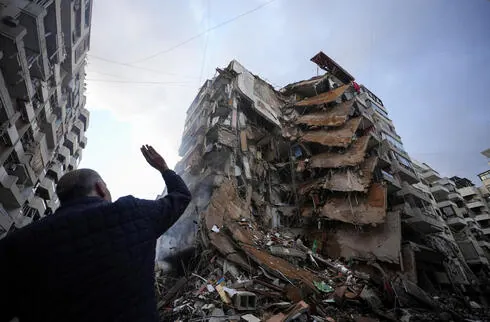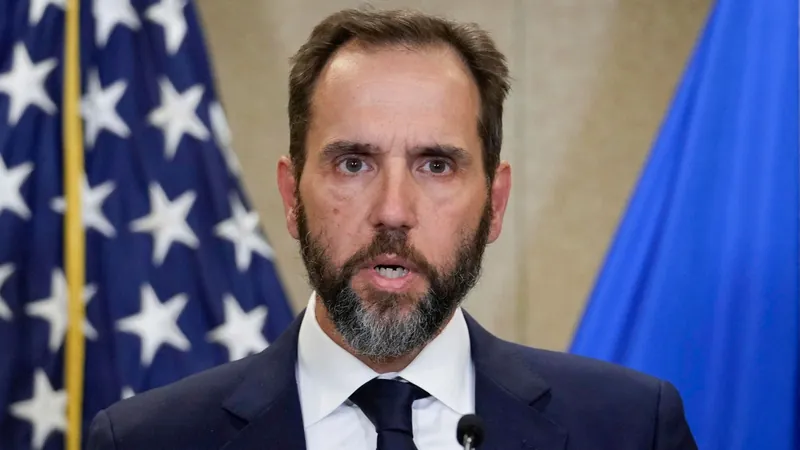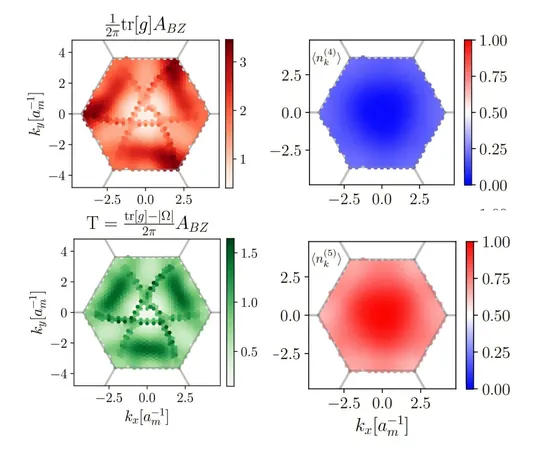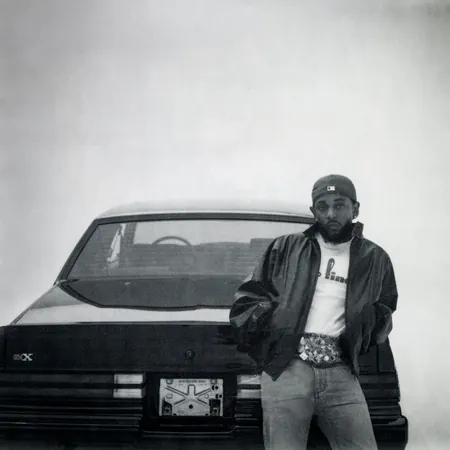
Shiite Community in Lebanon Questions Hezbollah's Choices: Could a Cease-Fire Have Saved Lives?
2024-11-25
Author: Emma
Shiite Community's Grievances
The ongoing war in Lebanon has inflicted a significant toll on civilians, with the Shiite Muslim community bearing the brunt of the devastation. Amidst continuing negotiations for a cease-fire, many Lebanese Shiites are increasingly vocal about their grievances, claiming that Israel's military actions are targeting not only Hezbollah but also the entire sect. They feel that their shared religious identity with Hezbollah has led to collective punishment, resulting in the destruction of historic landmarks and cultural heritage in their communities.
Hezbollah's Intensified Assaults
On the battlefield, Hezbollah has intensified its rocket assaults on Israel, with a notable spike in missile launches that forced millions of Israeli citizens into shelters. The Israeli Defense Forces (IDF) have retaliated by targeting Hezbollah strongholds, particularly in the predominantly Shiite Dahieh district of Beirut. The ongoing military conflict has led to an estimated 3,500 casualties in Lebanon, with a staggering 900 of those identified as civilian women and children. Moreover, approximately one million individuals have been displaced, and the destruction has prompted estimates of damages reaching at least $8 billion.
Questions on Hezbollah's Decisions
As the turbulent situation unfolds, questions arise about Hezbollah’s timing and decision-making. Many are puzzled as to why the organization did not agree to a cease-fire months ago when similar terms were on the table that could have potentially spared the nation significant loss. Lebanese legislator Waddah Sadek, a Sunni Muslim, expressed frustration over the continuing destruction, stating that a cease-fire could have prevented 'martyrs and losses worth billions of dollars.'
Criticism from Key Figures
Critics of Hezbollah have voiced their concerns beyond the Shiite community. Bahaa Al Hariri, son of the late Prime Minister Rafik al-Hariri—who was assassinated in 2005 by Hezbollah operatives—highlighted the precarious situation Lebanon faces as it celebrates Independence Day. He emphasized that true independence requires rejecting foreign influence and the militias that threaten national sovereignty. His remarks resonate deeply, especially following the recent assassination of Hezbollah leader Hassan Nasrallah, which he coupled with calls for the group to disarm.
Voices within the Shiite Community
Shiite cleric Ali Al Amin, known for his previous criticisms of Hezbollah, has also weighed in, urging Lebanon’s Shiite leaders to assert the nation’s independence and cease actions that jeopardize national integrity. He lamented that opening a conflict in solidarity with Hamas in Gaza has ultimately been detrimental to Lebanon's interests.
Mixed Sentiments Among Shiites
Within the Shiite community, sentiments are mixed. Some residents express fears that a weakened Hezbollah could lead to further marginalization of Shiites in Lebanon, while others are optimistic for political evolutions that could introduce a broader spectrum of Shiite perspectives. As discussions about future governance and unity continue, many Lebanese are yearning for a resolution that reconciles their diverse voices and restores stability to their homeland.
The Urgent Need for Dialogue
In the wake of this conflict, the need for dialogue and cooperative rebuilding efforts becomes ever more pressing, with hope for a political landscape that embraces all sectors of society.









 Brasil (PT)
Brasil (PT)
 Canada (EN)
Canada (EN)
 Chile (ES)
Chile (ES)
 España (ES)
España (ES)
 France (FR)
France (FR)
 Hong Kong (EN)
Hong Kong (EN)
 Italia (IT)
Italia (IT)
 日本 (JA)
日本 (JA)
 Magyarország (HU)
Magyarország (HU)
 Norge (NO)
Norge (NO)
 Polska (PL)
Polska (PL)
 Schweiz (DE)
Schweiz (DE)
 Singapore (EN)
Singapore (EN)
 Sverige (SV)
Sverige (SV)
 Suomi (FI)
Suomi (FI)
 Türkiye (TR)
Türkiye (TR)